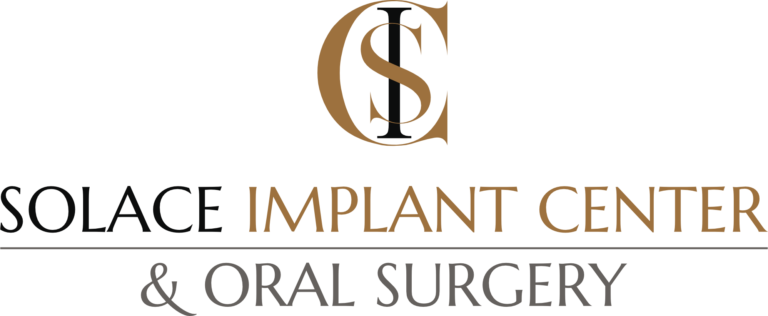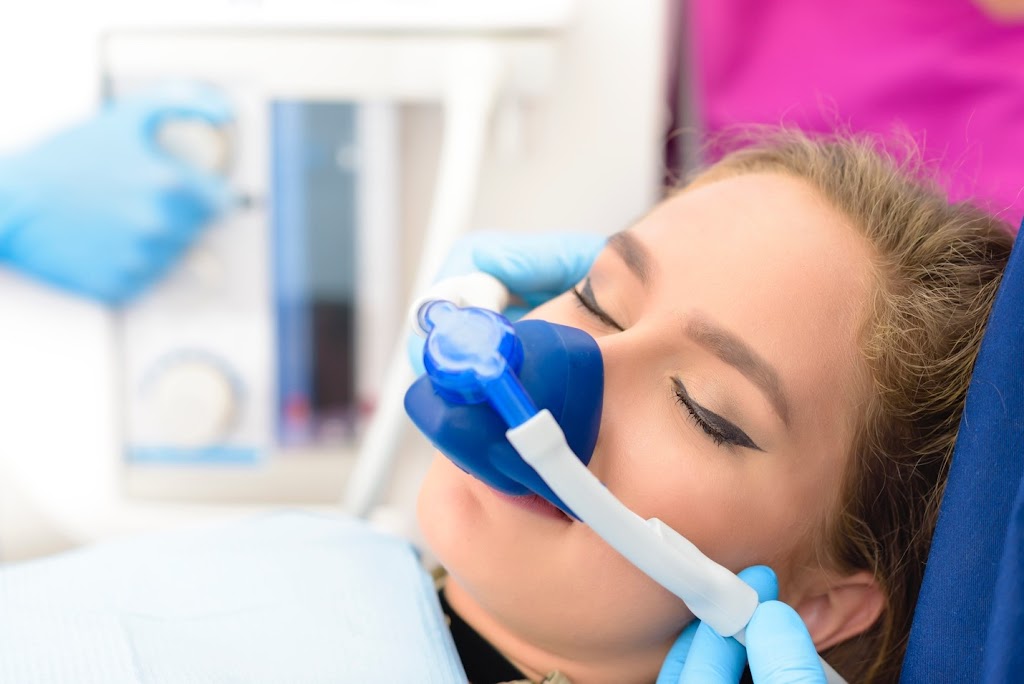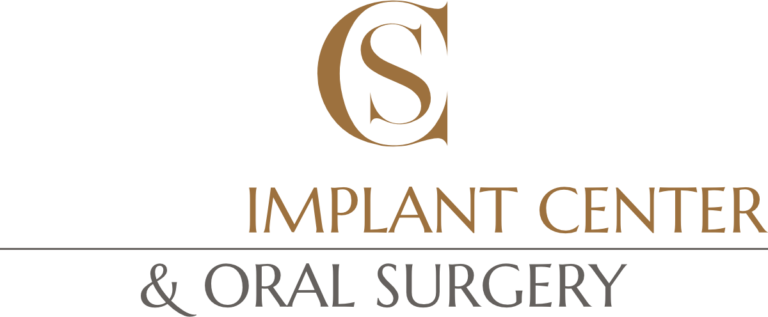Trying to decide on an oral surgeon can be daunting. However, there are several resources available that can make the task much easier. Understanding your needs as a patient, along with the help and advice of your dentist, will go a long way in helping you find the right oral surgeon.
While dentists can perform some procedures, oral surgeons (also called oral and maxillofacial surgeons) have specialized training beyond dental school to handle more complex surgical needs.
To find an oral surgeon who best meets your needs, consider the following:
Length of time the oral surgeon has been in practice
Hours the oral surgeon has logged in training and clinical experience performing the procedure you need to have done
Whether the oral surgeon is board certified and has completed specialized training
Credentials and experience of potential oral surgeons
Estimated costs for the procedure and any pre- and post-op treatment plans
Diagnosis and treatment plan proposed by the surgeon
Your personal dentist is a great resource in your search for an oral surgeon. Your dentist understands your situation, your history, and your surgical needs and is equipped to provide references that will best suit your needs. Recommendations from other healthcare professionals, such as your primary care doctor, can also be valuable.
There are several types of oral surgeons and practices, and each is equipped to handle specific oral care needs. Be sure you select an oral surgeon who specializes in your procedure or condition. Oral and maxillofacial surgeons are doctors who have completed extensive medical and dental education, often including a medical degree, and specialized training after dental school.
How Insurance May Affect Your Options
Before settling on an oral surgeon, read your insurance policy. Depending on the type of coverage, your insurance might dictate which oral surgeon you can use. Your insurance provider should have a list of available surgeons and practices that you can choose from. Research those surgeons and facilities to find one that best suits your needs. Choosing the best oral surgeon can significantly impact the outcome and safety of your procedure.
Be proactive and thorough by researching education and experience of any potential candidates. Websites dedicated to specific practitioners and facilities can provide a wealth of information. You can find information concerning location, prices, insurance qualifications, types of procedures, and specialties online, as well as details about the procedures the surgeon has performed. Reputable sites usually showcase positive reviews from other patients and previous patients, which can be a great way to get informed feedback from other patient experiences.
Look for the Necessary Credentials
Look for an oral surgeon that has the right training and experience. Extensive knowledge and surgical skills are especially important for handling complex procedures safely and effectively. Also, spend a little time getting to know your potential surgeon and the people who work in the office. Scheduling consultations allows you to assess the surgeon’s bedside manner and communication style, which are key to a positive patient care experience. Be sure to consider your personal preferences when choosing a surgeon to ensure the best fit for your needs. It’s crucial that you feel comfortable during these delicate procedures. Make some phone calls, do some research, even visit the facility. Find a practitioner you feel comfortable with and can trust with your oral health.
If you are in the Nashville area, Solace Oral Surgery is here to help. Please call us with any questions about our practice, and we would be happy to assist you.

Assess Patient Safety and Facilities
When it comes to oral and maxillofacial surgery, patient safety and the quality of the facility are just as important as the surgeon’s expertise. Before choosing an oral surgeon, take the time to assess the environment where your procedure will take place. A reputable oral and maxillofacial surgeon will operate in a clean, organized, and well-equipped office, ensuring that every aspect of your care meets the highest quality standards.
Look for facilities that are accredited by respected organizations such as the American Association for Accreditation of Ambulatory Surgery Facilities (AAAASF) or the Accreditation Association for Ambulatory Health Care (AAAHC). Accreditation is a strong indicator that the practice adheres to rigorous protocols for patient safety, infection control, and quality of care. Up-to-date technology and equipment are also essential, as they enable oral surgeons to perform complex procedures—like corrective jaw surgery, dental implant placement, and wisdom teeth removal—with precision and safety.
The staff’s training and preparedness for emergencies are equally important. A well-trained team can make a significant impact on your treatment journey, providing reassurance and support before, during, and after your procedure. During your consultation, pay close attention to the oral surgeon’s communication style. The right oral and maxillofacial surgeon will take the time to explain your treatment options, outline potential risks, and answer your questions in clear, understandable language. This transparency helps you feel comfortable and confident in your care.
Don’t hesitate to ask about the oral surgeon’s board certification with the American Board of Oral and Maxillofacial Surgery. Board certification demonstrates that the surgeon has completed extensive training and education, and has the necessary skills to perform specialized procedures safely. Reviewing patient testimonials and seeking second opinions can also provide valuable insights into the surgeon’s track record and the overall patient experience.
When assessing patient safety and facilities, consider the following:
- Accreditation by a recognized agency
- Clean, organized, and sterile environment
- Up-to-date equipment and technology
- Well-trained staff and clear emergency protocols
- Board certification and extensive training in oral and maxillofacial surgery
- Experience with complex procedures such as dental implants, corrective jaw surgery, and wisdom teeth removal
- Clear communication and willingness to answer your questions
- Positive patient reviews and testimonials
By prioritizing these factors, you can feel confident that you are choosing an experienced oral surgeon and a facility that will support your safety and well-being throughout your treatment. Whether you need dental implants, maxillofacial surgery, or another specialized procedure, taking the time to assess patient safety and facilities will help ensure a smooth recovery process and successful outcomes.




